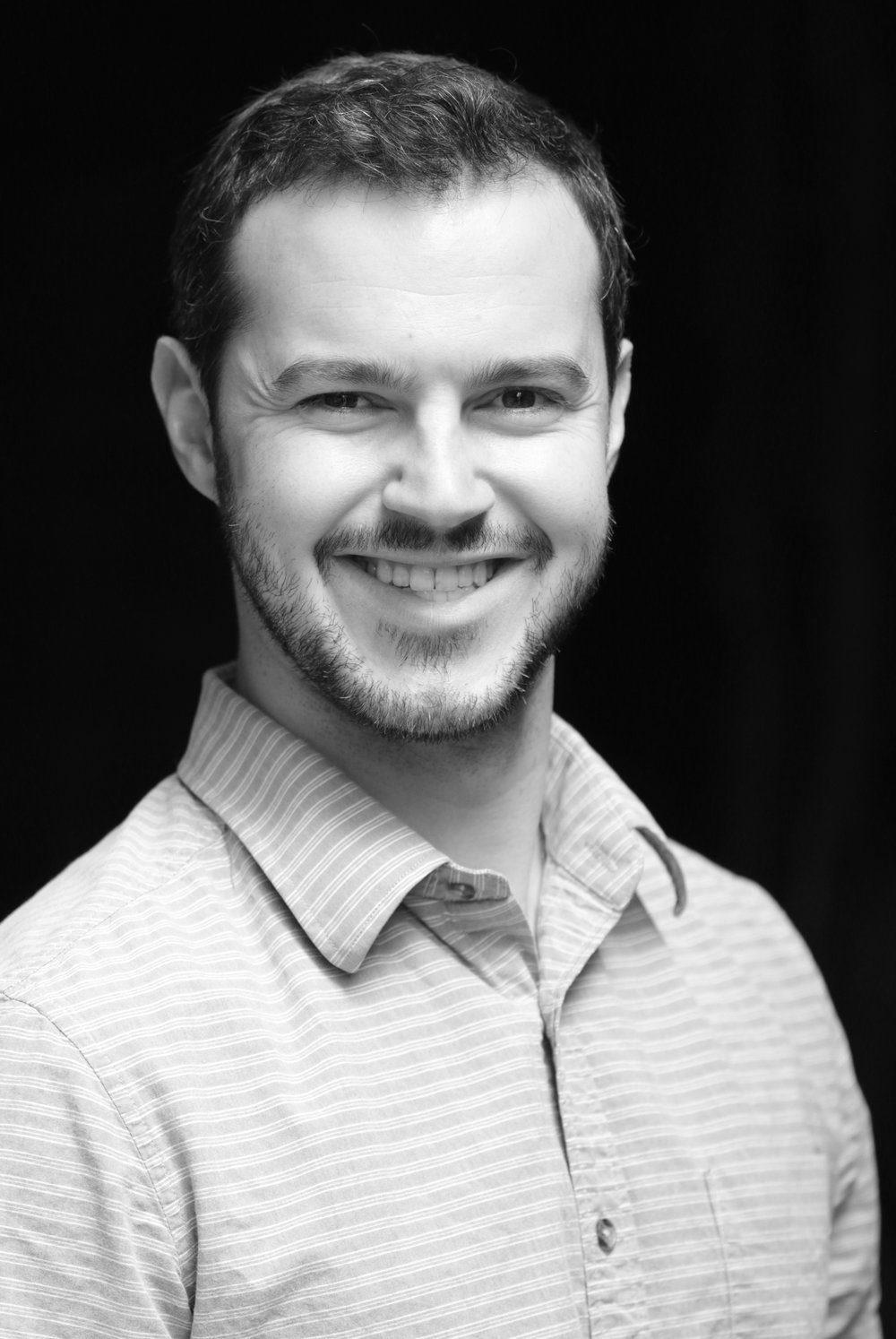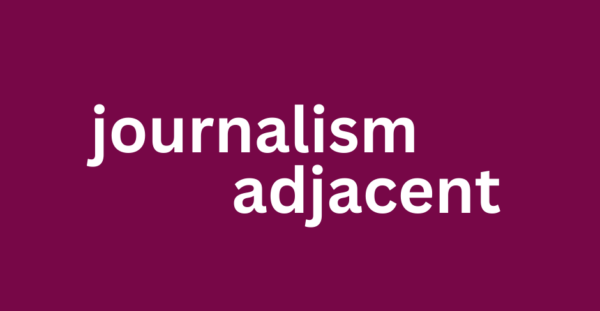 Since graduating from UC Berkeley Journalism in 2017, Peter Bittner has freelanced for major news outlets — from the The New York Times to CNN to Al Jazeera — received a Fulbright in Mongolia to write a series of public health stories and been a communications consultant for the Wildlife Conservation Society. Bittner taught UC Berkeley Journalism summer session classes for undergraduates, including a class on “The Future of Visual Storytelling.”
Since graduating from UC Berkeley Journalism in 2017, Peter Bittner has freelanced for major news outlets — from the The New York Times to CNN to Al Jazeera — received a Fulbright in Mongolia to write a series of public health stories and been a communications consultant for the Wildlife Conservation Society. Bittner taught UC Berkeley Journalism summer session classes for undergraduates, including a class on “The Future of Visual Storytelling.”
At J-School, he studied multimedia — what we called “new media” — with Associate Dean Jeremy Sanchez Rue and Professor Richard Koci Hernandez: “I have always been amazed by how Koci and the team were always ahead of the curve,” he said.
Recently, Bittner bundled his skills and experiences to launch The Upgrade, a company “that offers courses, consulting services, and content to bridge the knowledge gap regarding AI and next-gen media tools” for researchers, journalists, engineers, communicators, and business people from workplaces as disparate as Salesforce and National Geographic. We connected with Peter by Zoom at his home in Cleveland to talk about his new venture for this first edition of Journalism Adjacent.
How did you get started in your business?
Peter: [While teaching a summer session course for undergraduates at Berkeley Journalism] I had invited a number of guest speakers, including many AI tech founders to demo their products and speak to the students and answer questions. Later on, a lot of former students began to reach out to me about whether I led any AI trainings or consulting for newsrooms or communications and PR firms. I started to realize that there’s a bigger market here for this type of training. There’s a business there, basically. I began The Upgrade as a separate entity and LLC last year and it’s really taken off. I’m teaching this fall seven different cohorts, four classes, and trying to find time to do consulting projects for newsrooms as well and building a team of operations managers and marketing managers and teaching assistants for my courses and partnering directly with AI companies to lead their product education and certification programs with lower no-code tools. The entry point of AI and journalism has really guided me into a much larger market.
What excites you most about your work?
Peter: It’s been really fun to be on the forefront of this revolution in computing and in human-computer interaction. We’re really getting to an interesting point in the future of technology that people with an idea can be able to quickly build it without having to be trained as an engineer or coder and instead some of us in the humanities, including with my background in journalism from Berkeley, are already able to build entire digital products and spin them out.
We’re good at critical thinking and understanding complex problems and verbalizing our process and priorities. Eventually we’ll be at a point where we will have a true meritocracy of ideas in the market. I love exploring the space and thinking about what’s the intersection of this with media and journalism, and what does it mean for all of us as professional communicators and reporters to have these tools at our disposal and to be alive at this crazy time when AI models can outperform humans in many of these tasks or augment them and enable them to do so much more. So it’s a really exciting time for me. I would never have been able to spin up or manage this many projects without AI.
“There’s definitely causes for concern, but the genie can’t be put back in the bottle.”
You don’t seem too worried about AI. Should we be worried?
Peter: There’s reason to worry. There are a lot of issues. And all of my courses cover many of these ethical, legal and policy issues. A lot of these models are still trained on data that was scraped and gathered from all corners of the internet for Chat GPT and other types of large language models. They are unfortunately overrepresented and their data is from a lot of the darkest corners of the internet full of racism and misogyny. There is a lot of horrible content out there in this training data that we should remember is filled with a lot of intellectual property that was essentially appropriated and never really compensated or acknowledged. This is a huge problem and I’m not minimizing it. We talk a lot about it, about protecting yourself and not having your data mined or included in these data sets and how to have more ownership over the content you create and put up more firewalls. There’s definitely causes for concern, but the genie can’t be put back in the bottle.
It’s a bit scary to think about how AI might affect journalism.
Peter: It will be interesting to watch the New York Times v. AI evolve. It’s going to set some precedents that we all need to be closely mindful of watching this evolution. It could shut down and halt this entire movement. Or it could potentially spell an end to copyright itself. It’s likely to be somewhere in the gray area, in the middle ground. It’s accelerating to the point where it’s exceeding our capacity to actually keep up with everything….It will change the labor market much quicker than people realize. This is coming fast whether we like it or not. How do I prepare for this? How do I future-proof my own skills and job? How do I future-proof my career in this moment of rapid technological disruption? Journalists are unfortunately on the front lines of this. And as usual, journalism is one of the first victims to be hit extra hard. On the other hand, It will enable a lot of pretty amazing things in terms of being able to create and develop high quality journalism at a much faster rate.
What might AI look like for journalists in the short term?
Peter: It’s a whirlwind of uncertainty. We go over in all of our classes the full spectrum of fear from hope to possibility. The only real path is through empowerment, through education. To try to quickly understand and experiment with these tools. In the not-too-distant future, you may have AI assistants help you with everything: as a reporter with your note taking, initial research and drafting and even distribution… producing a podcast version of your articles in your voice and distributing that in a personalized manner. Building a relationship with your audience may be more powerful than ever. How do we continue to find ways to fund powerful and important journalism when it’s a race to the bottom with the content creation capabilities? Machines are so many more times productive than humans.
How do you see journalists using AI with investigative reporting, for example?
Peter: I was working with a student who graduated a year or so after me at J-School who now works as an investigative reporter, who came to one of my short AI workshops and we had a one on one about one of his projects and digging through massive troves of documents. There are some great ways in which journalism will be enhanced… to actually parse through huge amounts of data that would take entire teams of journalists weeks to sift through and quickly flag and identify certain types of information for human review. There are many ways workflows will be enhanced and there will be capabilities to go through thousands of documents incredibly fast to report on more quickly and effectively than ever. The human will always be in the loop and be driving it. Making sure that each newsroom has at its core the same fundamental principles and ethics and doesn’t lose its footing due to these shiny new toys is critical.
“We have to understand this technology as journalists and media professionals and quickly get a hold of it so that we don’t miss a ship like we did with the arrival of the early internet. It’s up to us.”
What safeguards will we have in place to prevent more mis and disinformation with AI that’s becoming more and more sophisticated?
Peter: We have already jumped the shark in terms of deep fakes across all mediums and in order to produce content, whether that’s audio or video or imagery that is nearly, or completely indiscernible from reality, is really profound. We can’t pretend like things are OK. They are not. But there are some technological solutions that will probably help with verifying real information…People don’t realize that they can’t trust anything they see online anymore. We need to think about how as journalists we can educate the public about this and figure out ways in which we can hold up the value of our own work. It will become more important in a world that is AI-generated….We have to understand this technology as journalists and media professionals and quickly get a hold of it so that we don’t miss a ship like we did with the arrival of the early internet. It’s up to us.
How did the J-School lay the groundwork for your business, The Upgrade?
Peter: I would never be here in my career without the J-School at Berkeley. I would never have started to poke around with artificial intelligence products or be interested in how the future of storytelling was changing without being a member of the new media cohort in 2017. I cherish that time there. It was formative for me and I still do take local photo gigs with the county paper in Cleveland where I’m based to not lose touch with journalism.
Do you still consider yourself a journalist?
Peter: I have a bit of cognitive dissonance about identifying as more of an entrepreneur or consultant as opposed to a journalist. But I feel like I will always be a journalist. I am using my skills in a slightly different way. I am still working with journalists daily and helping them with their storytelling abilities and ways they can do their jobs more efficiently and effectively.
————-
To learn more about The Upgrade, visit PeterBittner.com. Special offers are available to J-School students and alums.
About Journalism Adjacent
The many skills learned or honed at UC Berkeley Journalism — from fact-finding to storytelling, photography to video production — are often put to use in adjacent fields. Some of our new graduates head straight to newsrooms. Others juggle freelancing and other “day jobs” outside of journalism in order to make ends meet. Still other grads land professions that are squarely not journalism. In recognition of the many ways alums are creatively using their J-School skills, we are launching a new column called Journalism Adjacent that will be posted on our Berkeley Journalism News site and run in our Quarterly News. This column will give us a chance to highlight alums who may not have investigative pieces in major news outlets, but who are using their skills in fulfilling and interesting ways. Are you “journalism adjacent”? If so, tell us your story. Email us at journalism@berkeley.edu with the subject line “Journalism Adjacent.”

